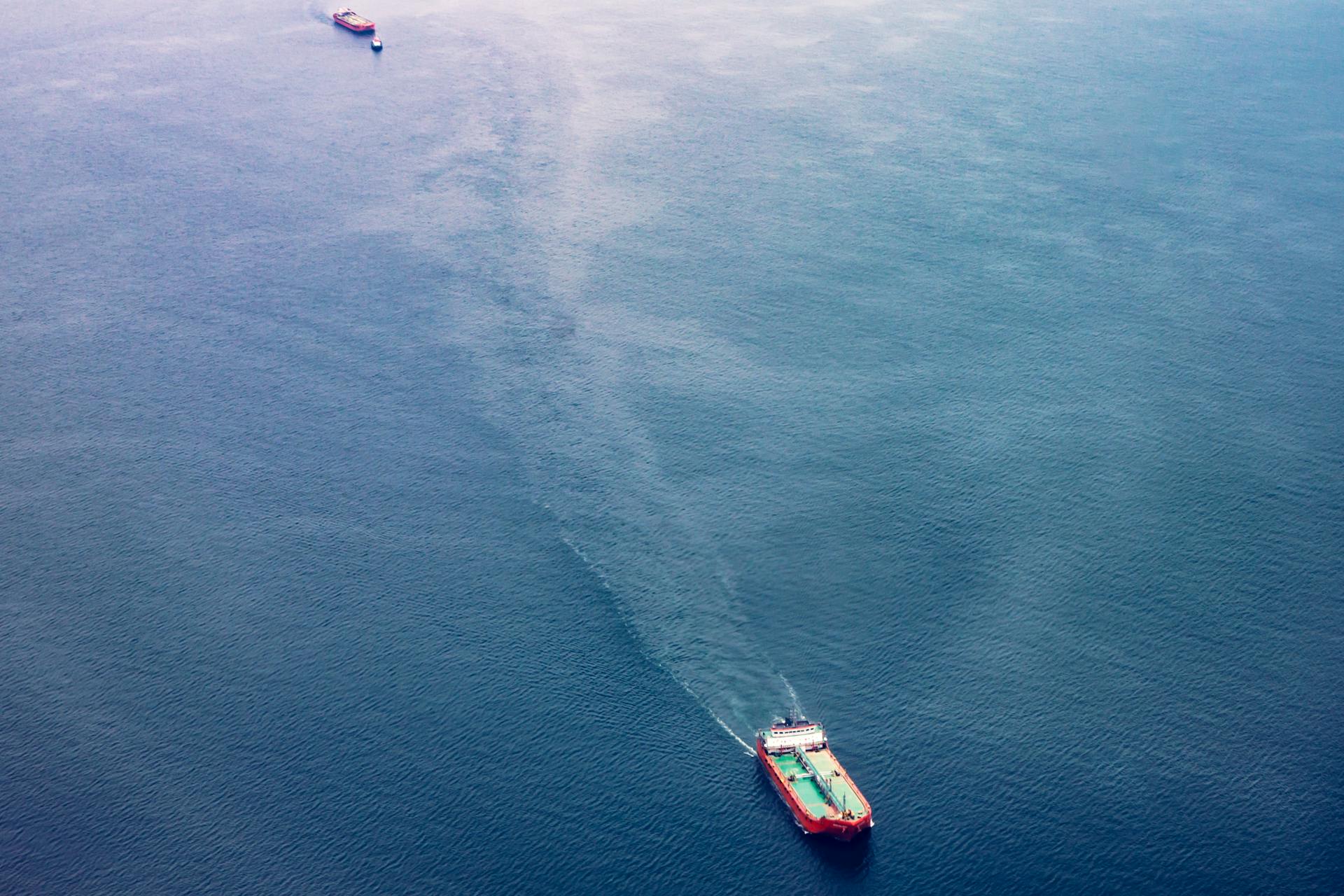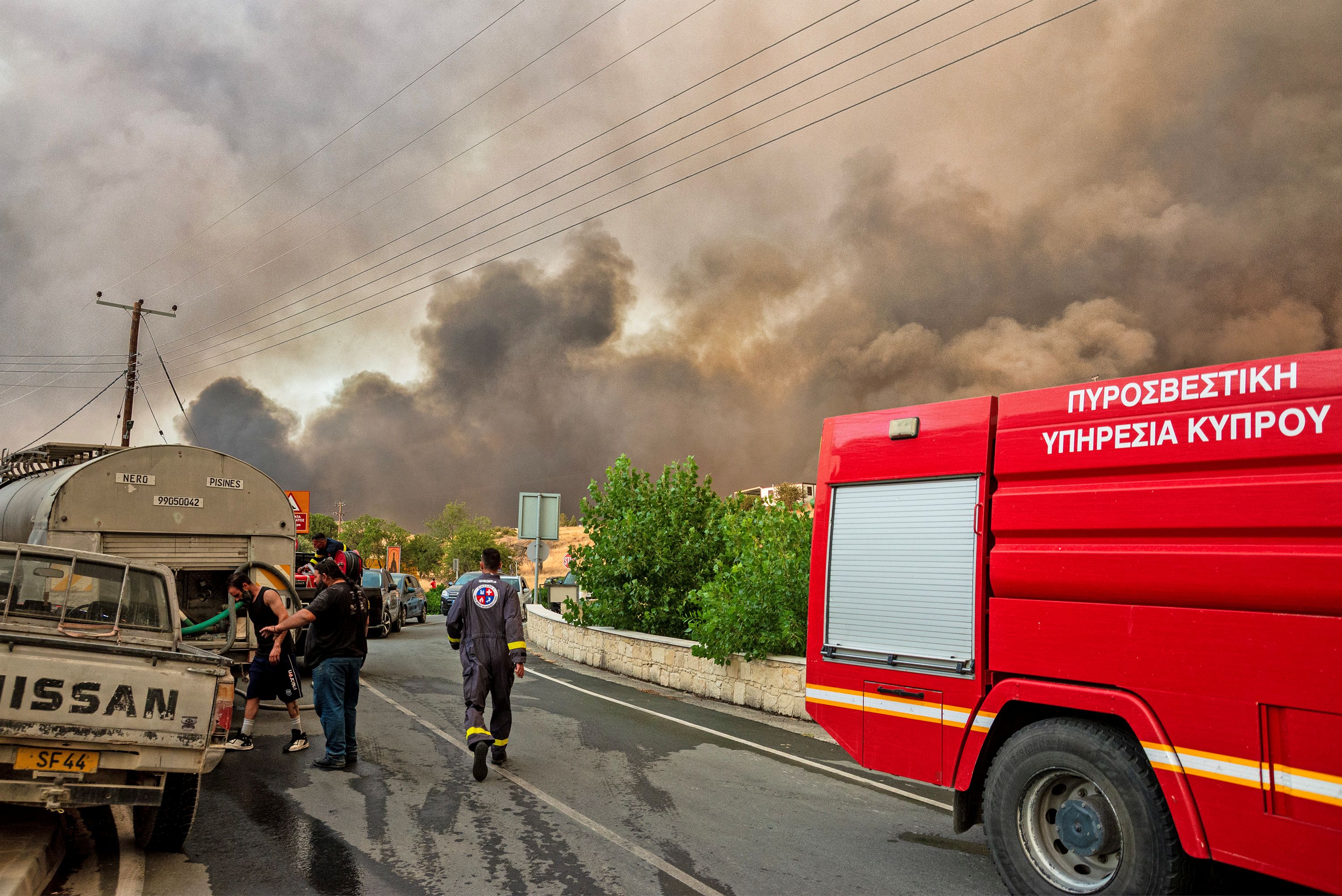Ship management firm Columbia is calling for urgent reforms in Greece’s maritime education to address a shortage of qualified seafarers.
The company, headquartered in Limassol but with 33 management offices across the world, warned that “the future of Greece’s shipping industry is at stake”.
Greece, which controls more than 20 per cent of the world’s deadweight tonnage, is facing a growing problem as too few young professionals are entering the profession.
The declining talent pipeline, the company said, threatens not only ship operations but also shore-based roles that rely on seasoned seafaring experience.
Gregory Spourdalakis, managing director of Columbia Shipmanagement Greece, stressed that “the shortage of qualified seafarers is not a prediction. It is already happening.”
He added that fewer graduates are coming out of maritime academies, with many lacking both the skills and the incentives to remain in the profession long enough to reach senior positions.
He explained that one of the root causes lies in training that has failed to keep pace with modern shipping. Many academies still operate with outdated equipment and limited digital resources, while curriculums often overlook technological, regulatory and commercial realities.
Maritime qualifications, he noted, are frequently not recognised as equivalent to university degrees, a factor that deters ambitious students looking for wider career options.
“It is no surprise that many of our brightest Greek students are turning away from maritime officer training,” he said, warning that without action, companies will struggle to fill key roles both at sea and ashore.
Although shipowners can still draw on international labour markets in the Philippines, India and Eastern Europe, the decline in local seafarers has serious long-term consequences.
Shore-based positions such as technical superintendents, fleet managers and HSEQ professionals depend on individuals with first-hand seafaring backgrounds, expertise that could be lost within a decade if nothing changes.
Columbia Group has stepped up its own efforts to bridge the gap between education and employment. This month, the company met students and graduates on Chios and Andros islands to outline career paths both onboard and ashore.
It also runs a graduate trainee programme that offers one-year placements across departments, together with leadership development in partnership with FranklinCovey.
“These engagements matter,” Spourdalakis said, “but we must start much earlier, ideally in secondary schools, to help young people understand the opportunities maritime careers offer.”
Moreover, the group is calling for co-ordinated action across the sector.
It wants to see upgraded maritime education facilities equipped with modern technology, curriculums that reflect industry priorities such as decarbonisation and automation, and maritime qualifications raised to university degree status to attract top talent. It also says more work must be done in schools to promote shipping as a diverse and rewarding career choice.
“Shipping is the backbone of the Greek and global economy,” Spourdalakis said, adding that it will only remain so if the industry invests in the people who will sail, manage and innovate in the decades ahead.
“The time to act is now,” he concluded.







Click here to change your cookie preferences